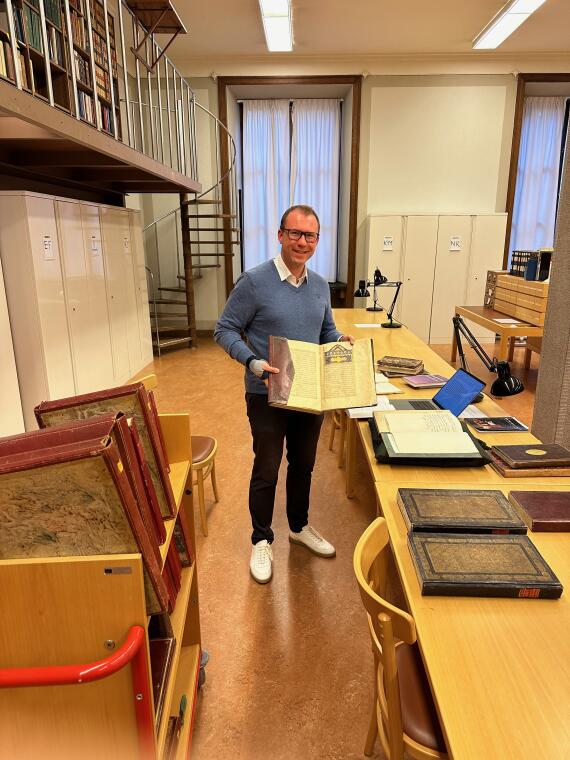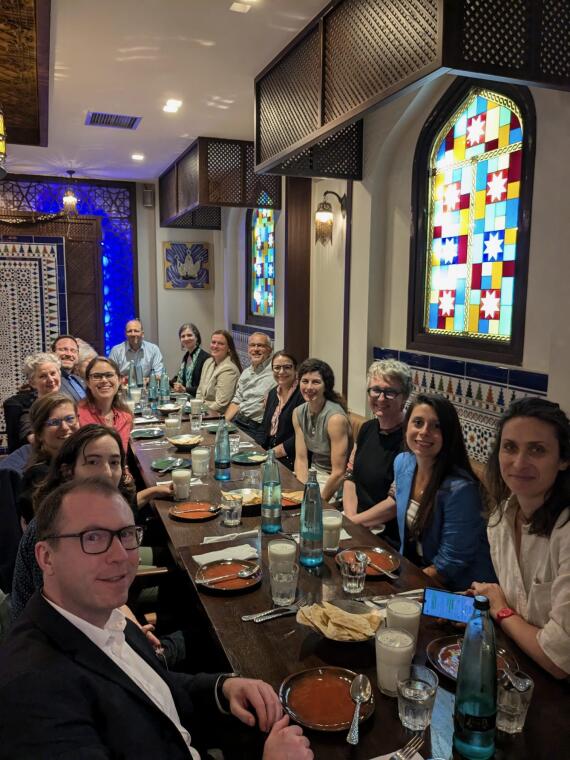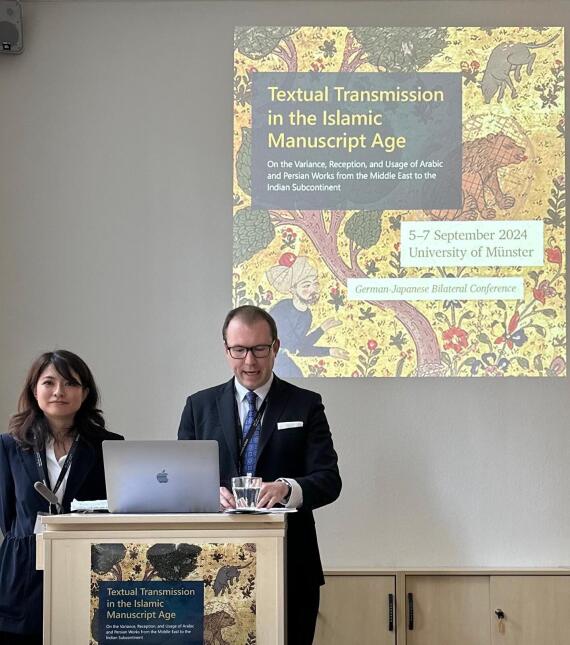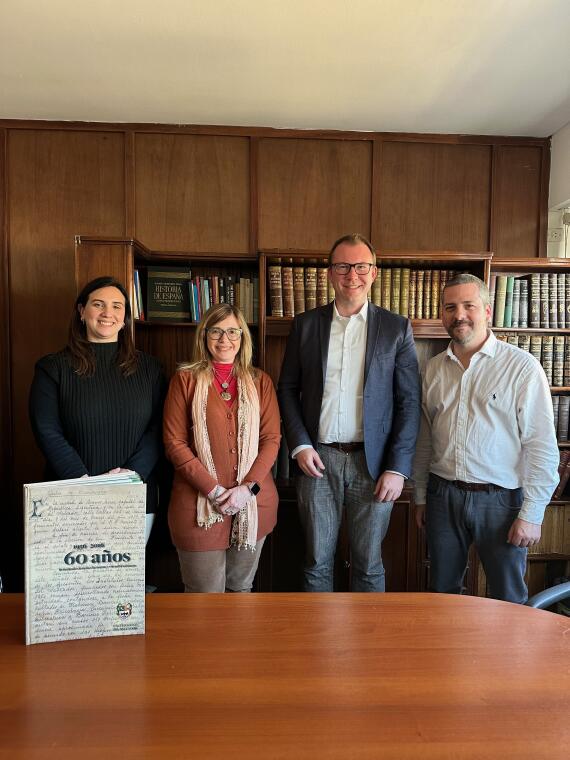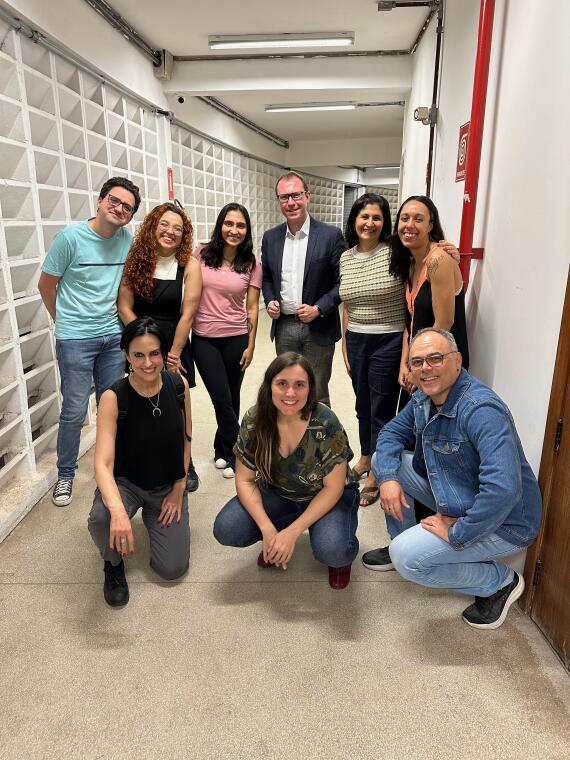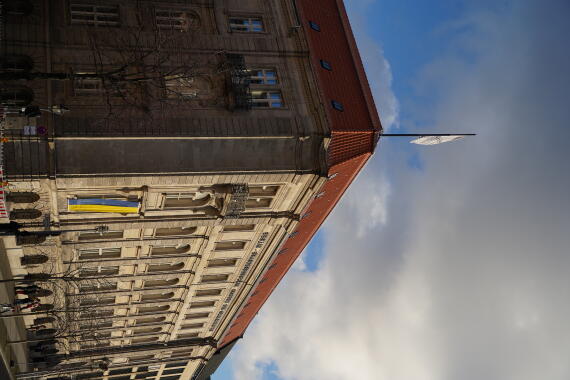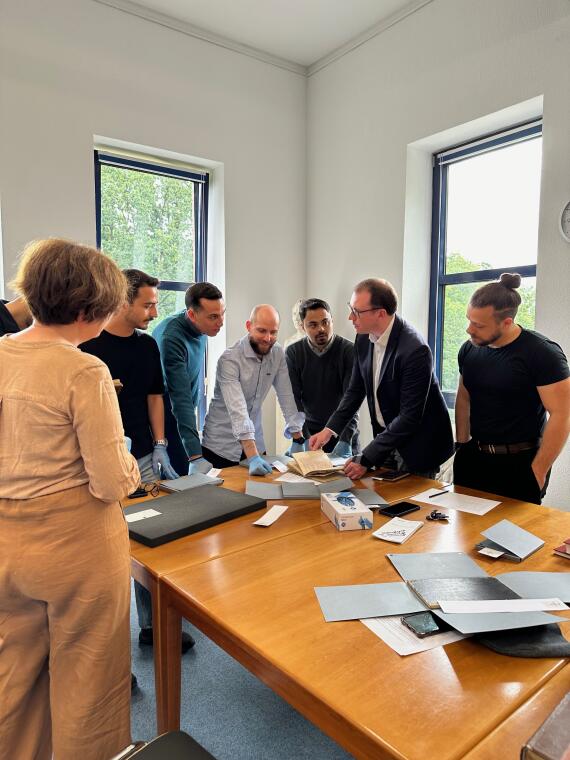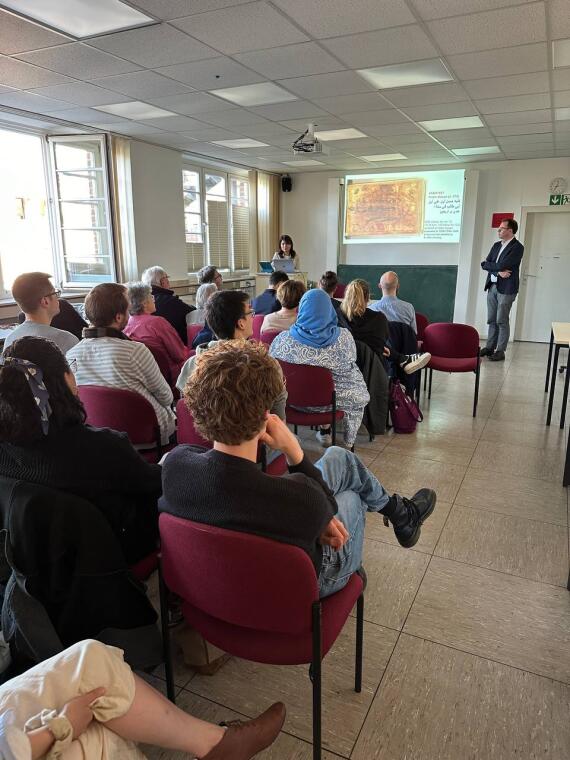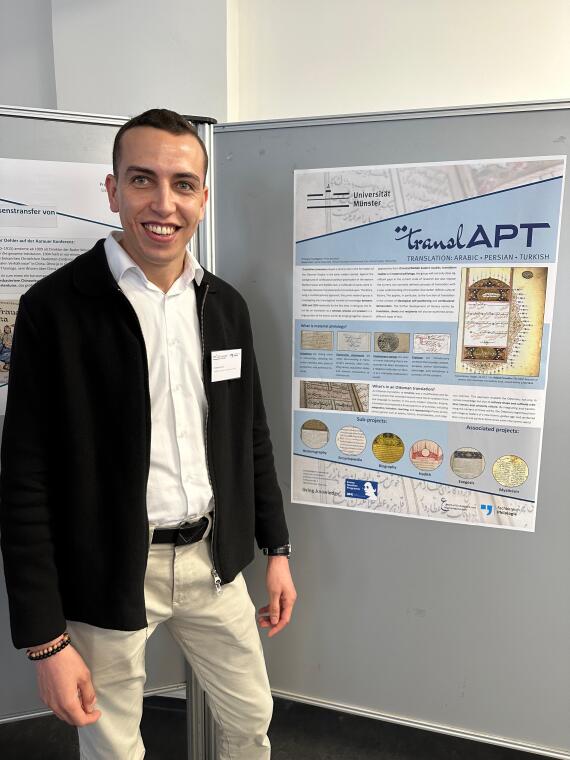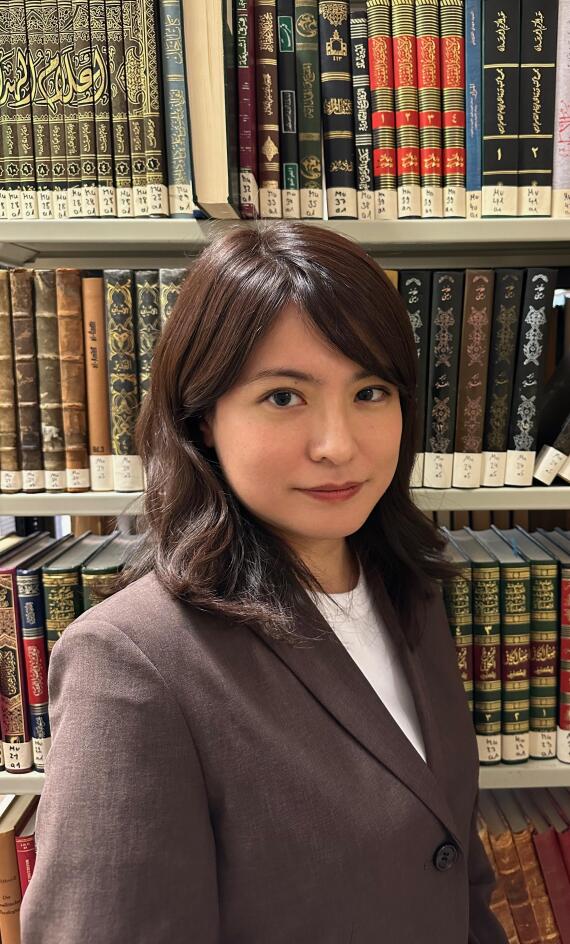


Workshop on the "Seven Sages of Rome"

Discussing the TRANSLAPT Book Series

Elsine-i S̱elās̱e: A Cultural Analysis of Transmission and Translation in the Ottoman Empire

Andrew Peacock receives Sheikh Zayed Book Award

Visiting Fellowship at the University of Tokyo in Japan

TRANSLAPT welcomes Kristof D'hulster as a postdoc

Exploring Manuscript Collections in Pakistan

Lecture at Ludwig-Maximilians-Universität München

Conference on Cultural and Linguistic Diversity in Eurasia

Workshop: Interlinear Translation across the Muslim World

Conference on Translation and Multilingualism at FU Berlin

Discussing “Ownership and Circulation of Translated Works”
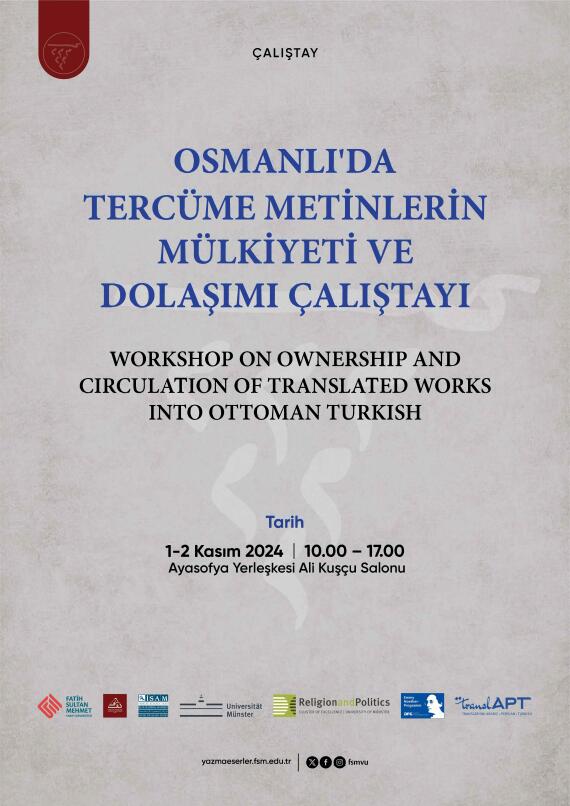
Workshop “Ownership and Circulation of Translated Works” in Istanbul
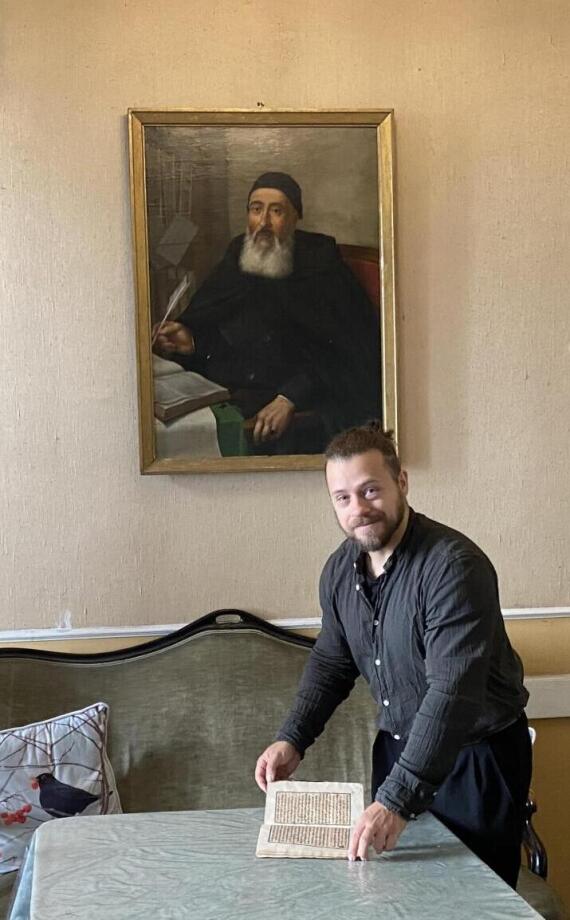
Tobias Sick receives Andreas Tietze Memorial Fellowship
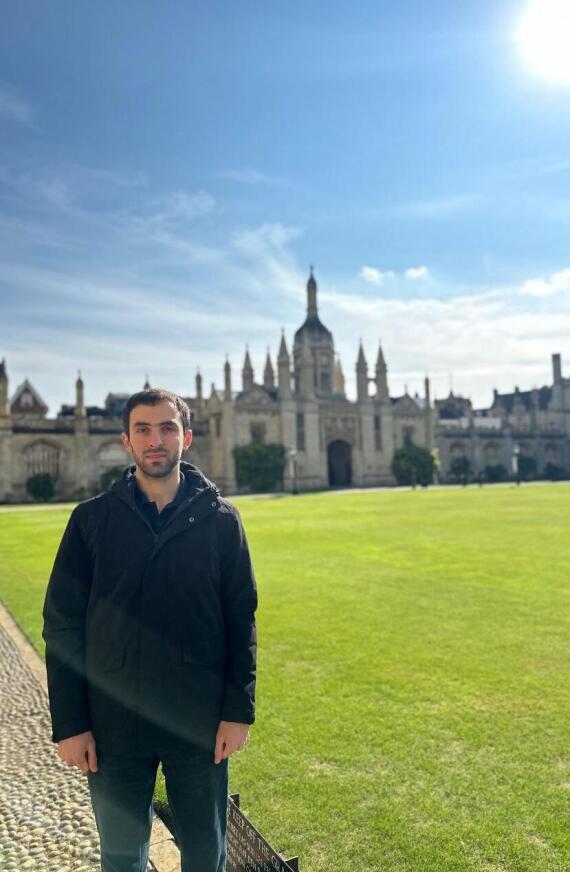
Arabic Studies Workshop in Cambridge
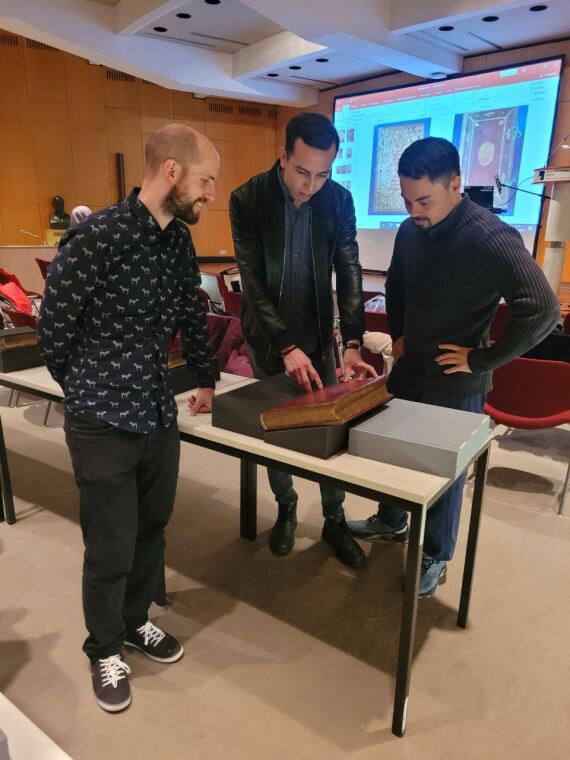
Summer School “Material Aspects of Manuscripts of the Islamicate World” at the Berlin State Library
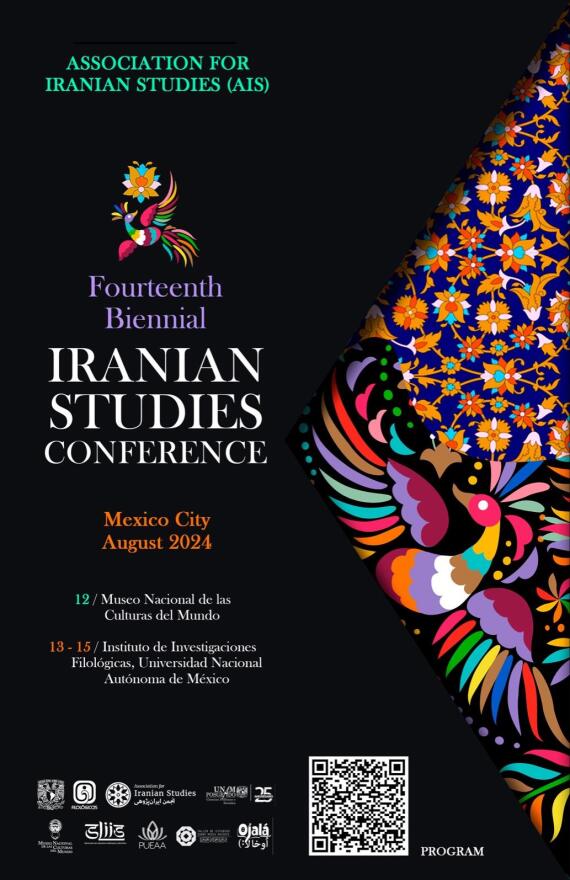
Fourteenth Biennial Iranian Studies Conference in Mexico City
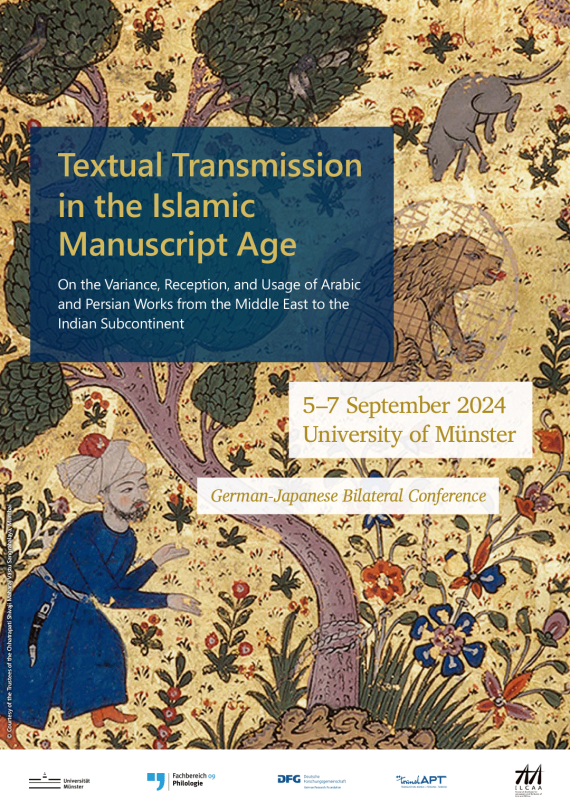
Conference “Textual Transmission in the Islamic Manuscript Age” in Münster
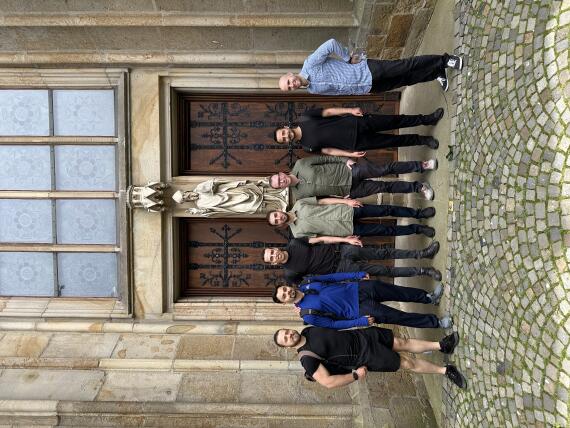
Cycling Tour to Telgte at the End of Term
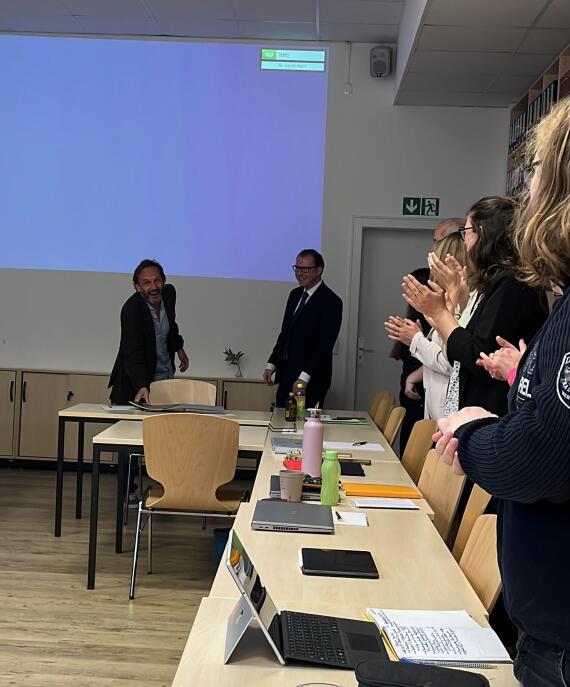
Philip Bockholt's Habilitation Procedure Completed
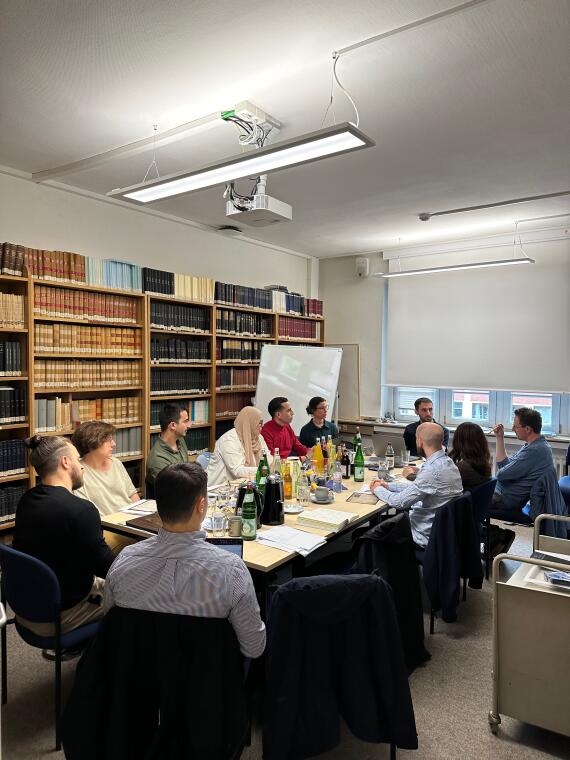
TRANSLAPT Colloquium with Cooperation Partners and Guest Researchers
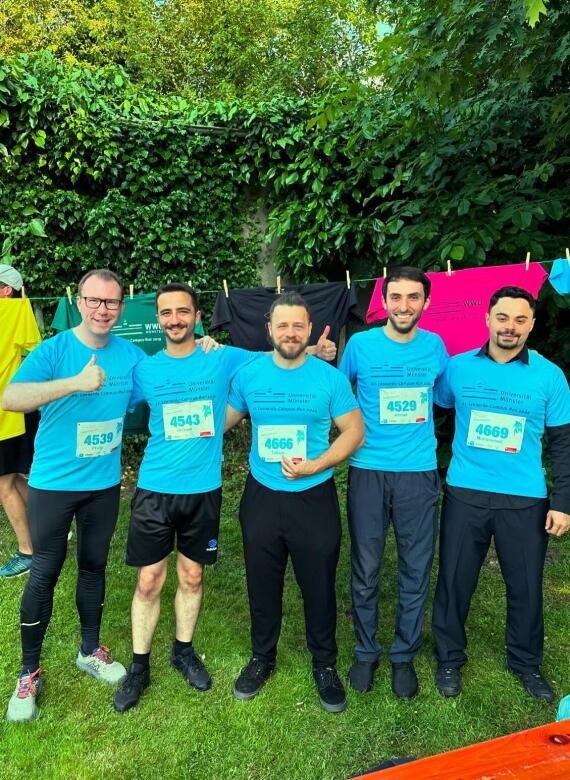
TRANSLAPT Participates in the Leonardo-Campus-Run
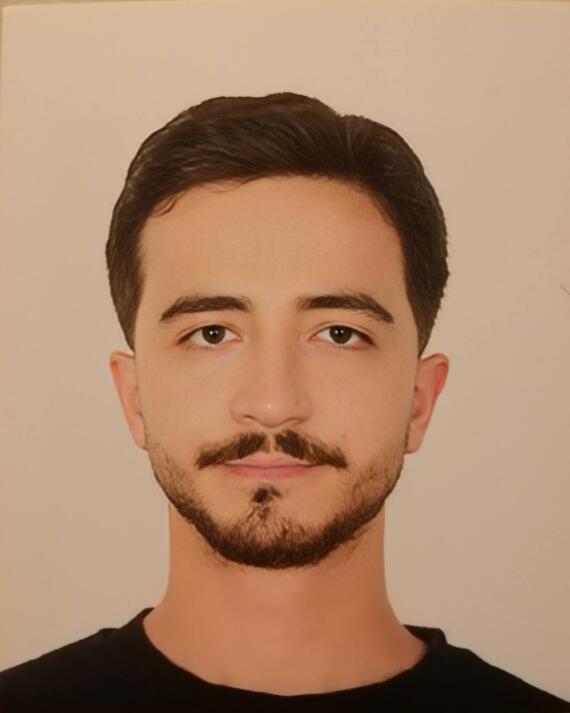
TRANSLAPT Welcomes Erasmus Student Ubeyd Akceviz
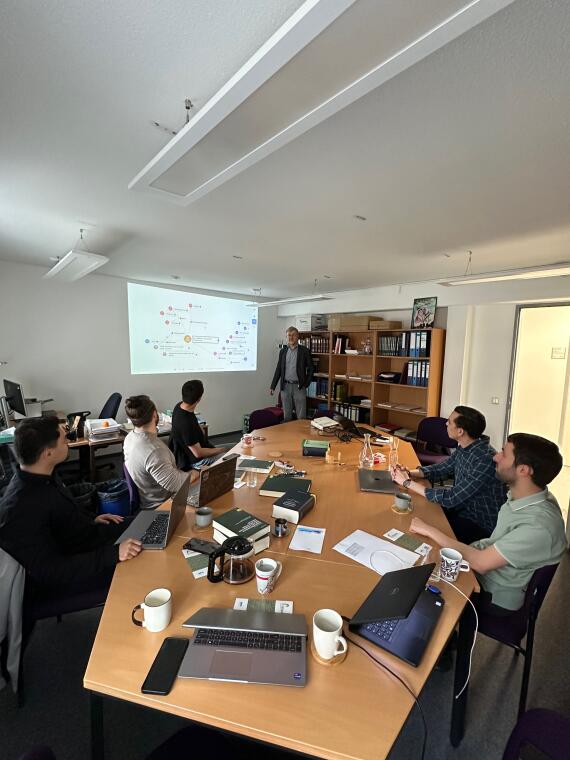
Visit from the Specialised Information Service (FID) Middle East-, North Africa- and Islamic Studies
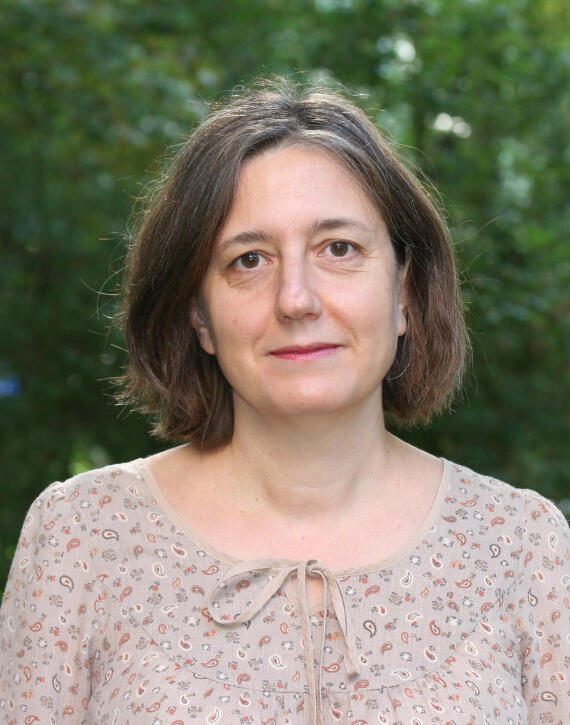
TRANSLAPT Welcomes Visiting Fellow Derin Terzioğlu
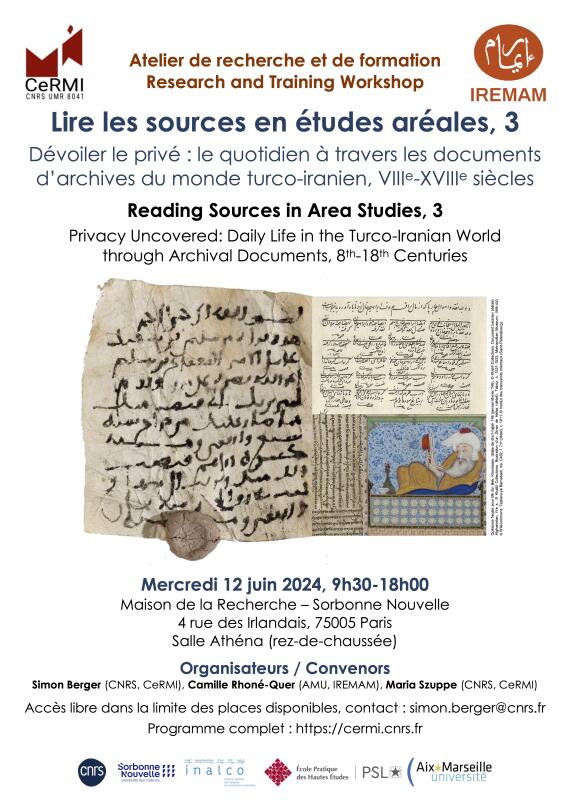
Workshop on “Daily Life in the Turco-Iranian World” in Paris
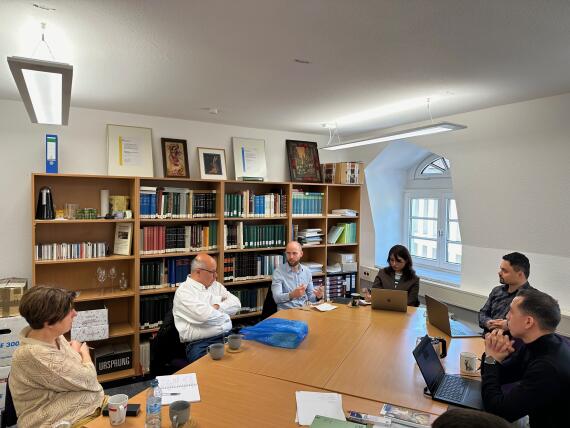
TRANSLAPT Team Meeting with Adam Sabra, Yui Kanda, and Derin Terzioğlu
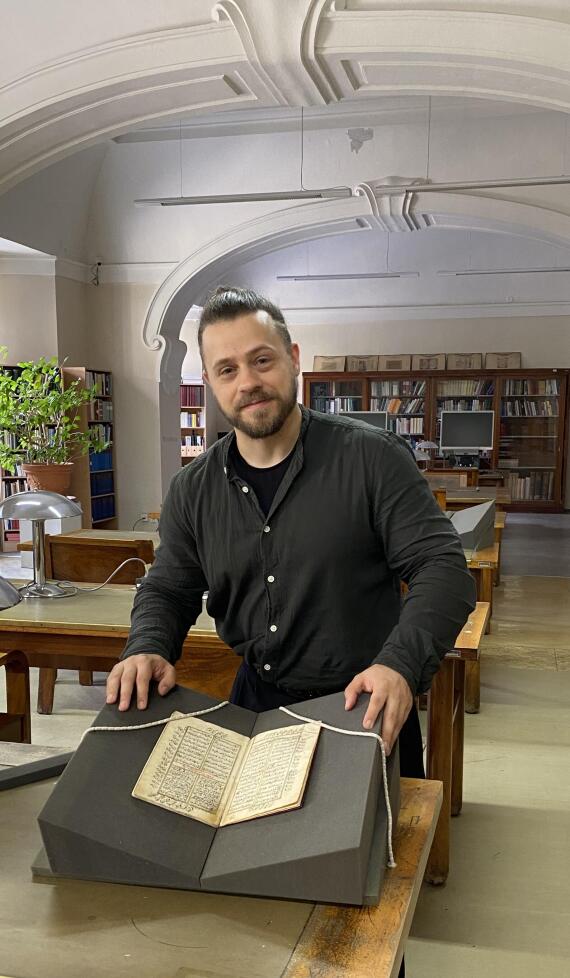
Learning Chaghatay and Studying Manuscripts in Prague
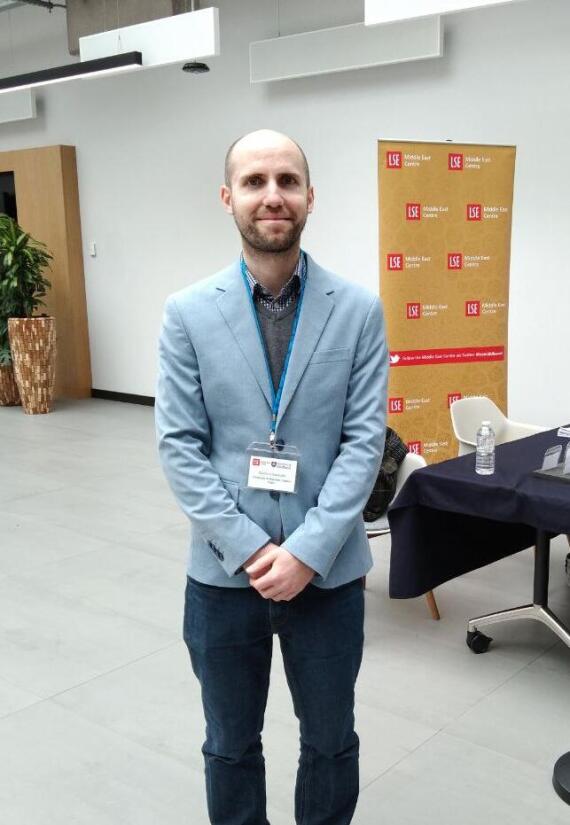
Readership and Book Culture in a 17th-Century Ottoman Kurdish Emirate
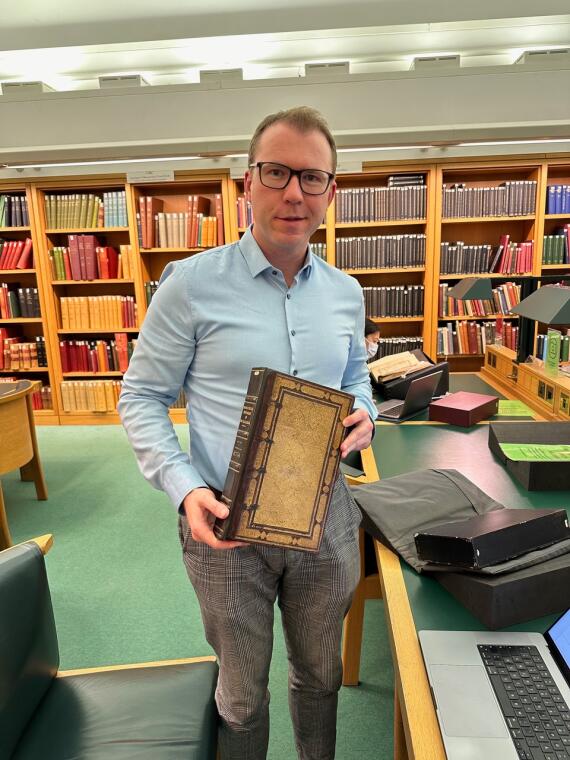
Examination of Manuscripts in British Collections
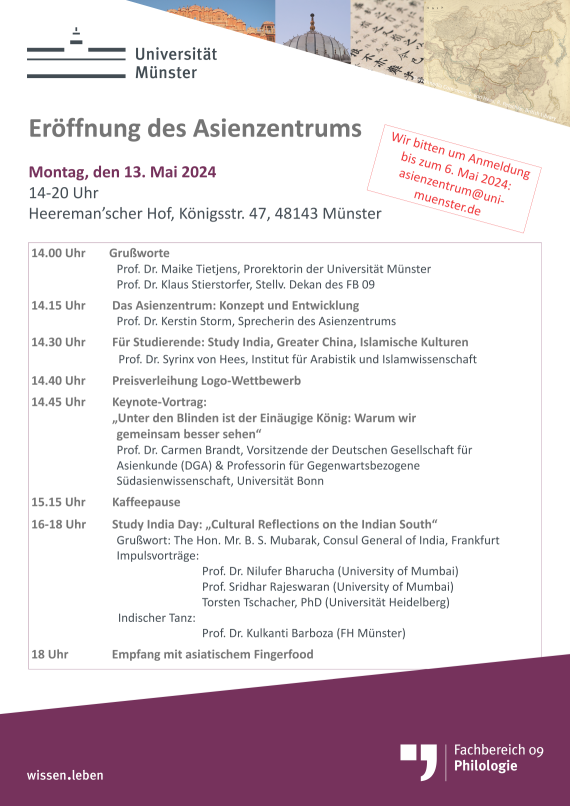
Opening Ceremony of the Asian Studies Centre in Münster

Exploring Turkish Translations and Safavid Book Culture with Colleagues in Japan

Lecture at the Bayerisches Orientkolloquium

TRANSLAPT welcomes a new associate researcher

Joint lecture at the Saxon Academy of Sciences and Humanities in Leipzig

Conference participation and TRANSLAPT talks in Istanbul

Ninth Biennial Convention of the ASPS in Yerevan

Breaking New Ground: On Persian in the Ottoman Empire

Philip Bockholt as KFW Fellow at the DHI Paris

Multilingualism, Translation, Transfer: Persian in the Ottoman Empire
Gotha Research Centre, 27-29 April 2023

Philip Bockholt as Guest Lecturer in Japan
(March 2023)




















